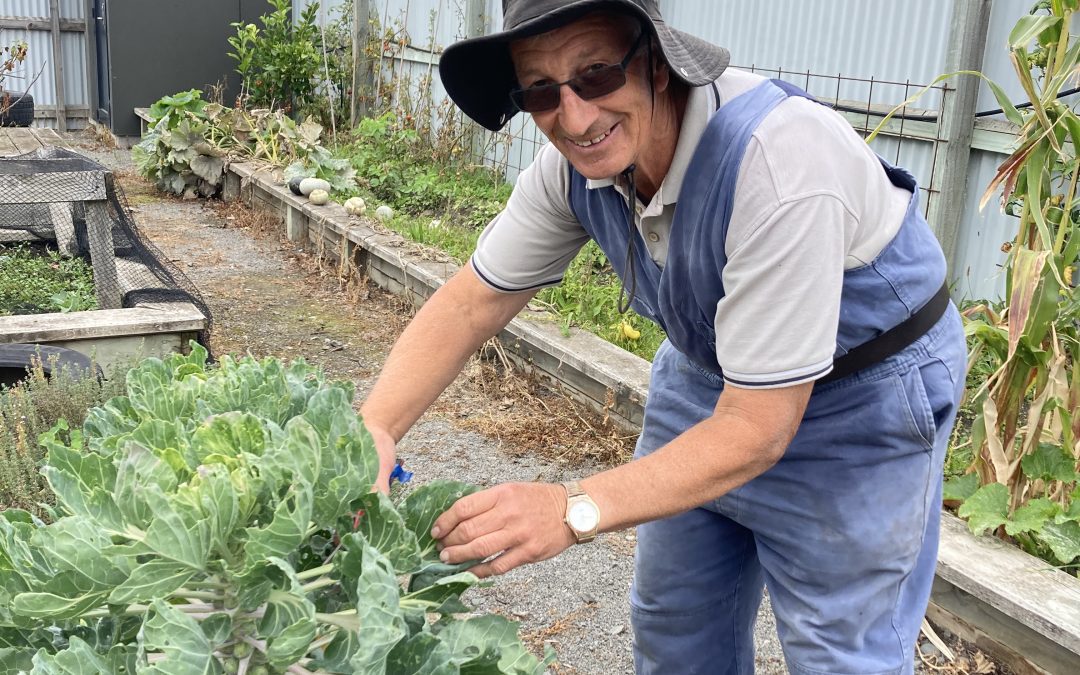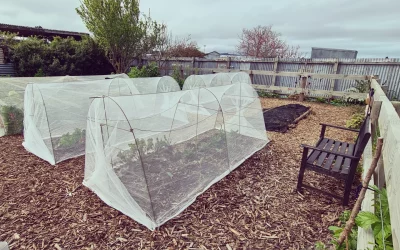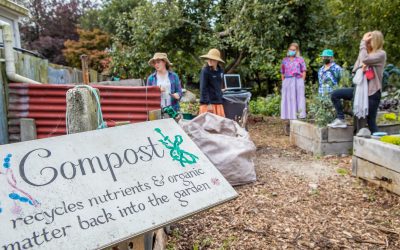In an era where digital connections often overshadow face-to-face interactions, community gardens stand as vibrant and transformative spaces.
These oases of greenery not only offer an opportunity to grow fresh produce but also foster a sense of belonging, promote sustainability, and empower communities. In this article, we will explore the beauty and benefits of community gardens, highlighting their positive impact on individuals and neighborhoods.
- Nurturing Relationships:
Community gardens serve as meeting grounds for like-minded individuals, fostering connections among people from diverse backgrounds. The act of gardening together creates opportunities for meaningful conversations, shared experiences, and a sense of belonging. Whether you are a seasoned gardener or a novice with a curious spirit, community gardens provide a supportive environment where knowledge and skills can be exchanged, deepening community ties.
- Growing Food, Growing Resilience:
One of the fundamental aspects of community gardens is their ability to enhance food security and resilience. By growing their own fruits, vegetables, and herbs, community gardeners become more self-reliant and gain control over their food supply. This is particularly valuable for individuals and families facing financial constraints or lacking access to fresh, healthy produce. Moreover, in times of crisis or disruptions in the food system, community gardens can serve as local sources of sustenance and nourishment.
- Sustainability in Action:
Community gardens embody sustainability at its core. These green spaces encourage organic gardening practices, composting, and water conservation techniques, reducing reliance on chemical inputs and minimizing environmental impact. By cultivating an appreciation for the natural world and practicing sustainable gardening methods, community gardeners contribute to the preservation of local ecosystems and the overall health of the planet.
- Spaces for Learning and Empowerment:
Community gardens are not limited to the act of growing plants; they also serve as educational platforms and empowerment hubs. Many community gardens offer workshops, classes, and demonstrations on topics such as permaculture, composting, and urban farming. These initiatives equip individuals with practical skills and knowledge, empowering them to become stewards of the environment and advocates for sustainable living. Additionally, community gardens often collaborate with local schools, providing students with hands-on learning experiences and fostering a sense of responsibility towards nature.
- Building Stronger Communities:
Community gardens act as catalysts for positive social change. They create spaces where neighbors can come together, fostering a sense of community pride, ownership, and cooperation. These gardens often host events, celebrations, and festivals, further strengthening community bonds. By nurturing a shared sense of purpose and fostering a spirit of collaboration, community gardens contribute to safer, healthier, and more vibrant neighborhoods.
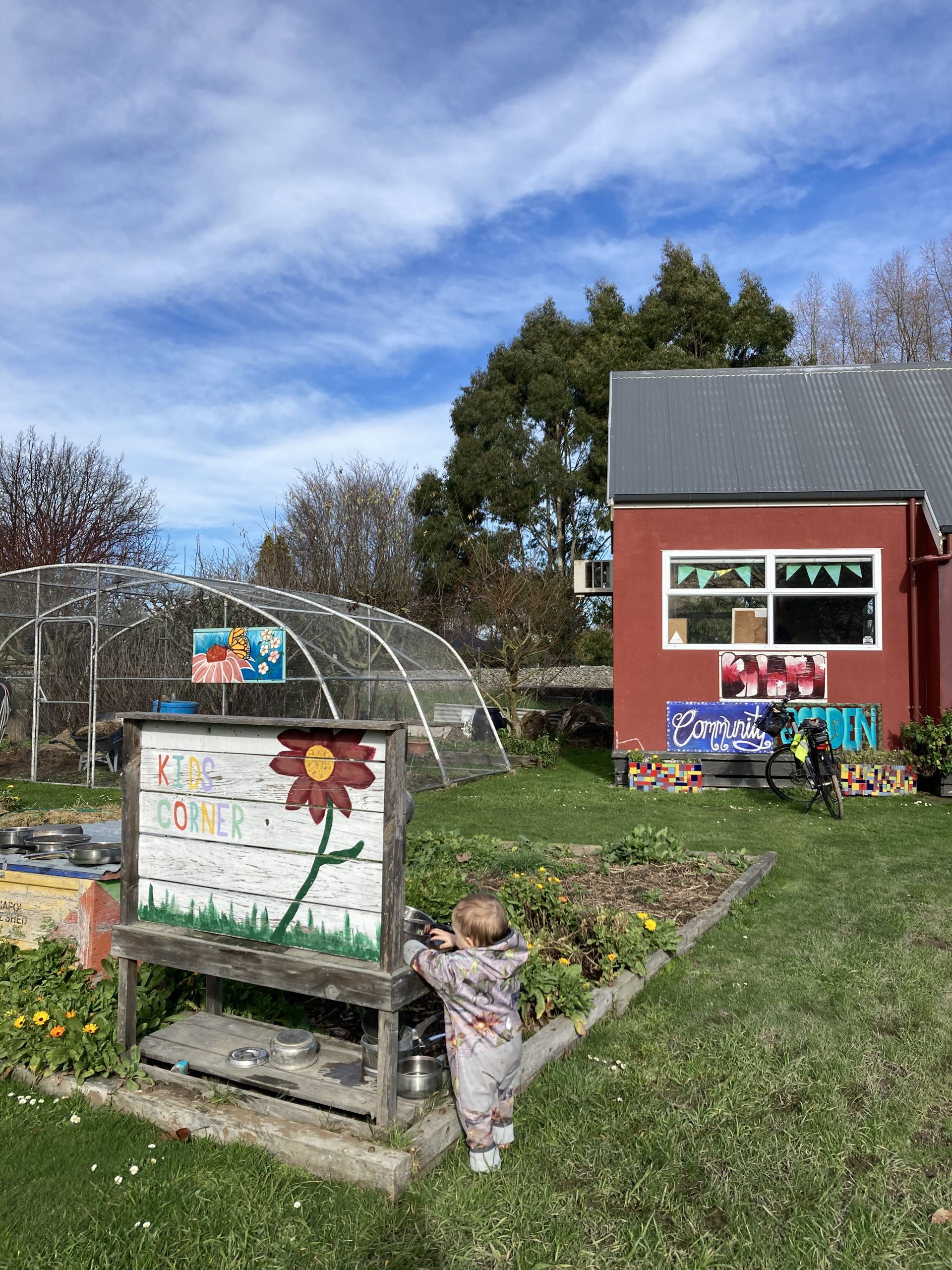
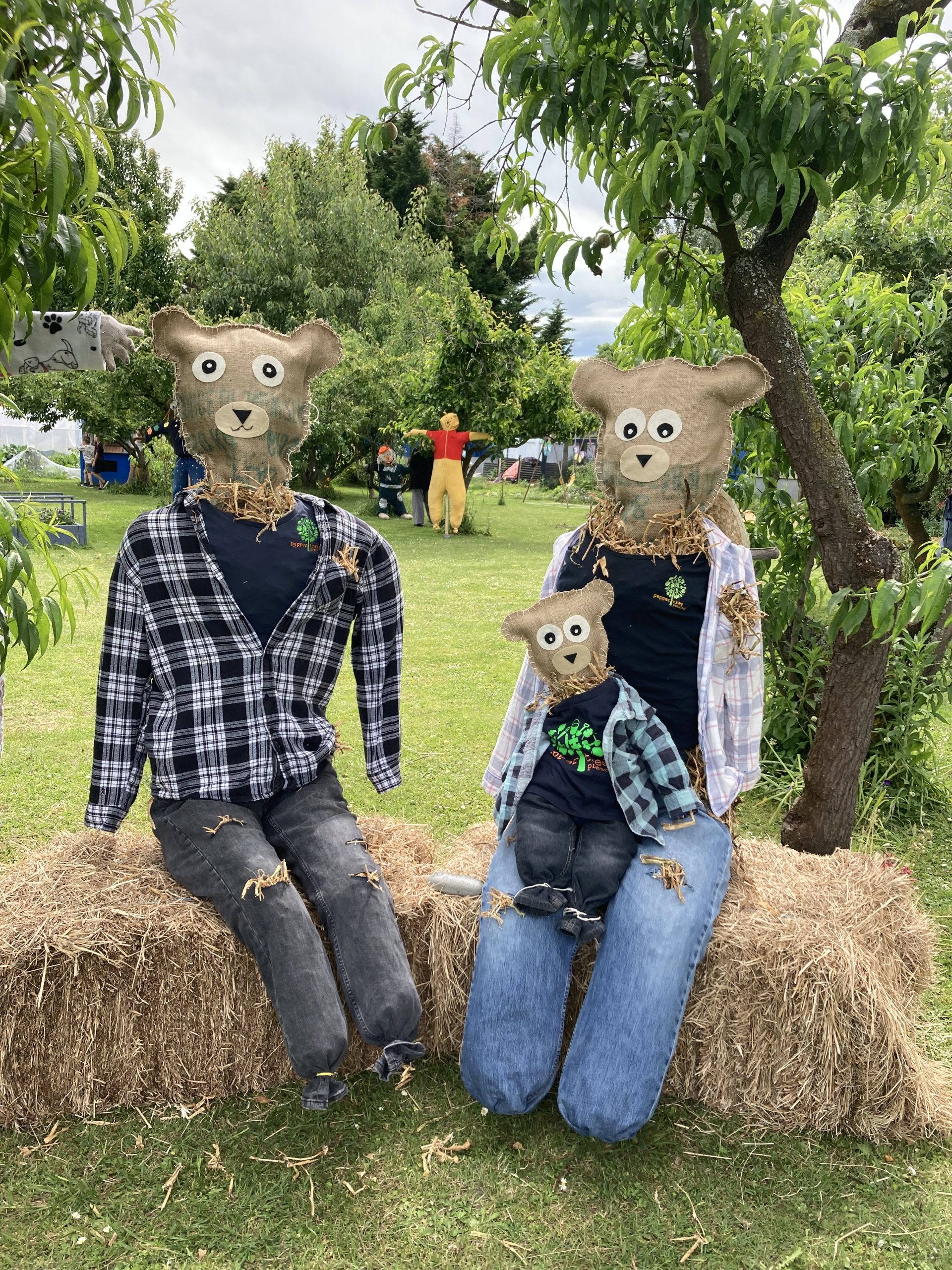
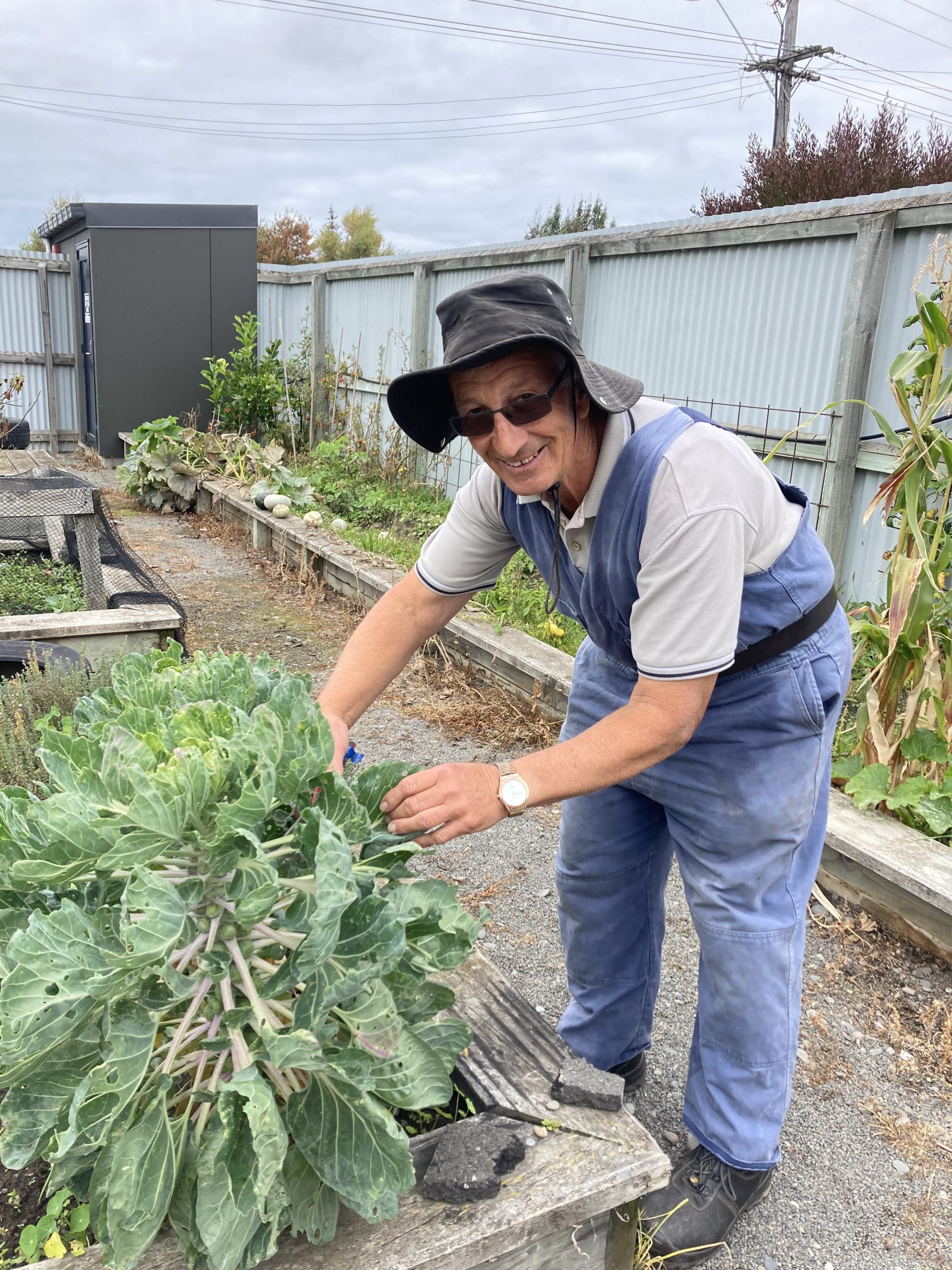
Other great community gardens you can get involved with in North Canterbury include Kaiapoi Community Garden and Hope Community Garden – Rangiora. Both of which run valuable workshops throughout the year too!
More posts you may enjoy…
The Fascinating Story Of Sharon Earl’s Gardening Journey
When she’s not creating tiny drawings with pencil, working with leather, or building life-sized intricate sculptures from wood and steel, Sharon Earl is in her ‘no-dig’ organic vegetable garden.
The SEDE Project
The SEDE (Supporting Elderly Diet Enrichment) Project.
Home gardeners sharing surplus home grown produce with elderly people in their community.
How to Make Your Own Compost
What you've got is not waste!Have you ever seen living and breathing compost? It almost looks like brownie right. Sometimes it smells and looks so good I just want to eat it. Of course I don’t. The plants need it more than I do. I have talked with so many people and...

